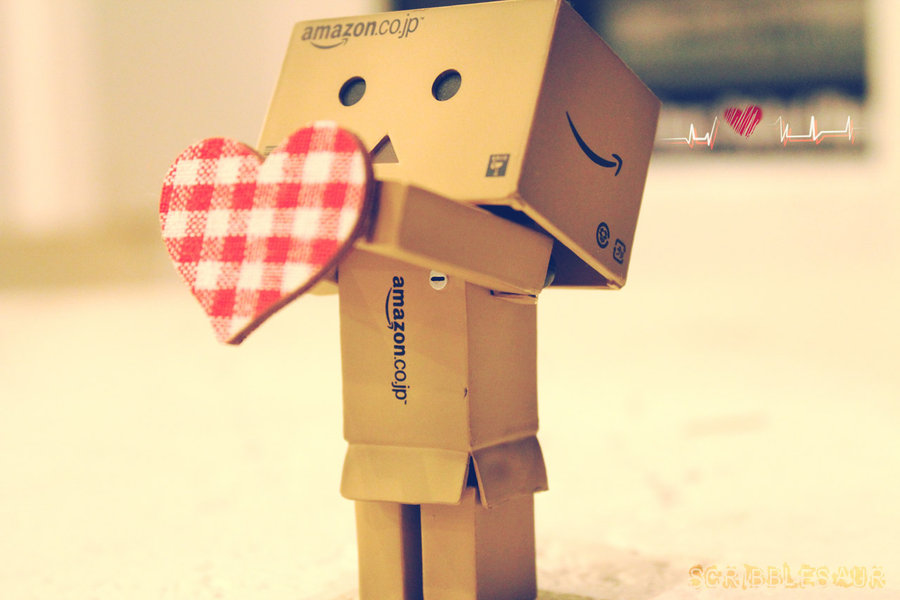At home, we’ve been reading and demonstrating the morals of a story called ‘Have you filled a bucket today?’ A children’s book encouraging positive behaviour by using the concept of an invisible bucket to show how easy and rewarding it is to express kindness, appreciation, and love by “filling buckets.” It’s great for adults too. Whether you have or don’t have children I recommend reading it, it’s helped me remember on a daily basis that giving is more important than receiving,
“No one has ever become poor by giving.” ― Anne Frank
Many of our western societies do not place high value on helping others, some never have. In the UK (where I live) and the United States of America (where I lived briefly and have visited often) both have a strong society and culture centered on self. Class systems have been a large part of this. In the UK, these were once defined by the family you were born into, later your vocation and work, now no one would blame you for not seeing classes at all, there are simply those in need and those not in need. In our society, in order for people to have, there needs to be people that don’t have.
“No one is useless in this world who lightens the burdens of another.” ― Charles Dickens
As a child growing up I was taught to marvel at the Victorian era. It gave us the industrial revolution, scientific breakthroughs and modern education. But, what if the industrial revolution and colonisation of much of the world had been carried out differently? Without slavery, child labour and war? I’d love to see education and parenting reflecting on this more, teaching our children to learn from our mistakes, rather than just focusing on the achievement of end goals.
Perhaps with this reflection would come a new revolution, one where we begin to value helping others more, where the antiquated (and in reality, not so modern) education actually becomes effective. Isn’t it amazing that as adults many businesses have to teach us how to work together, have empathy, communicate and actively listen?
Have you ever stopped to think about the culture you’re part of? What values you have? What are your principles?.
“When you see bad things happening, look around for people that are helping, there are always people helping” – Source: Tim O’Reilly / Tim Ferriss podcast
Imagine if we all looked for the people who are helping the world be a better place, and then joined them. That’s the society I’d love to be a part of.
